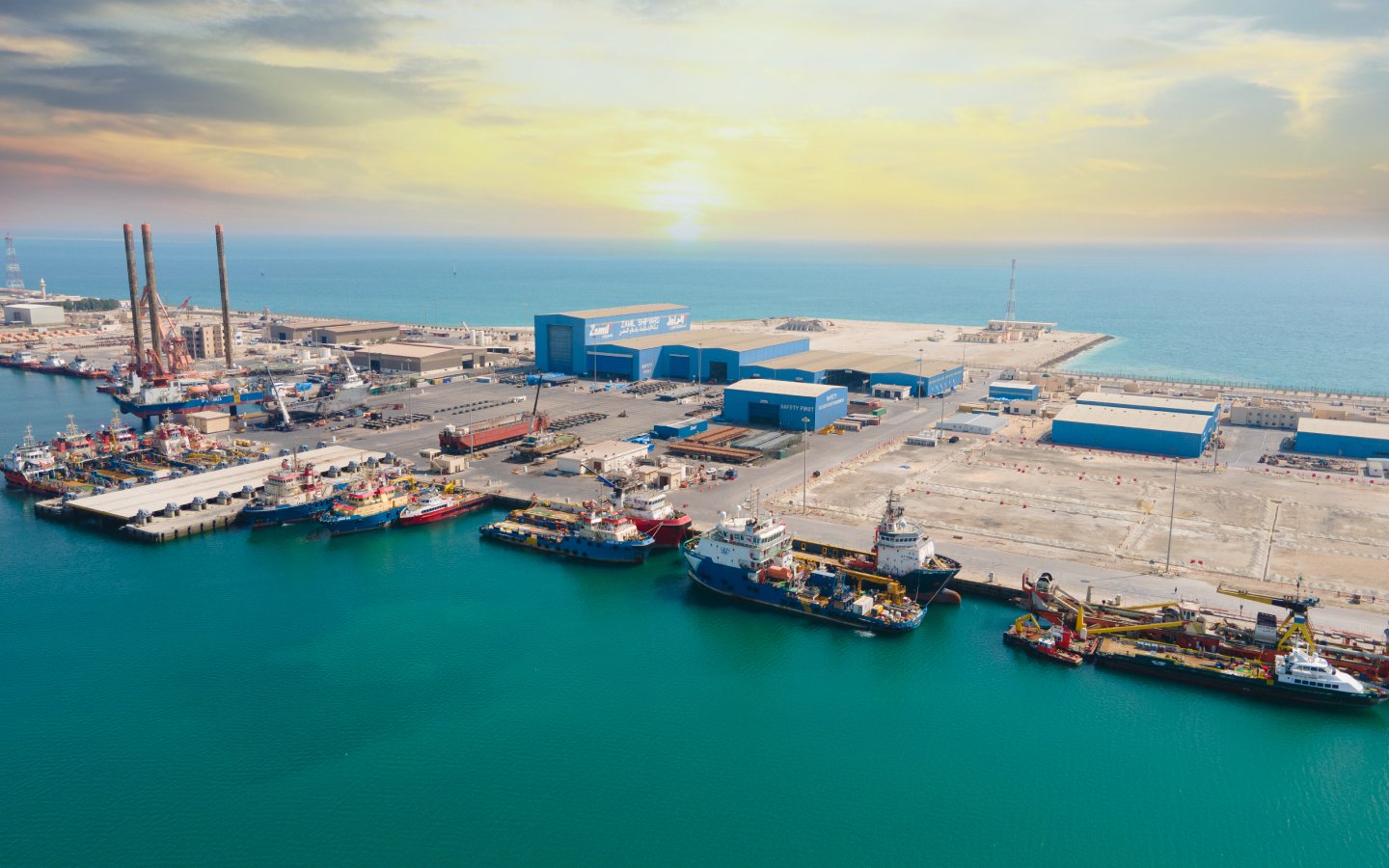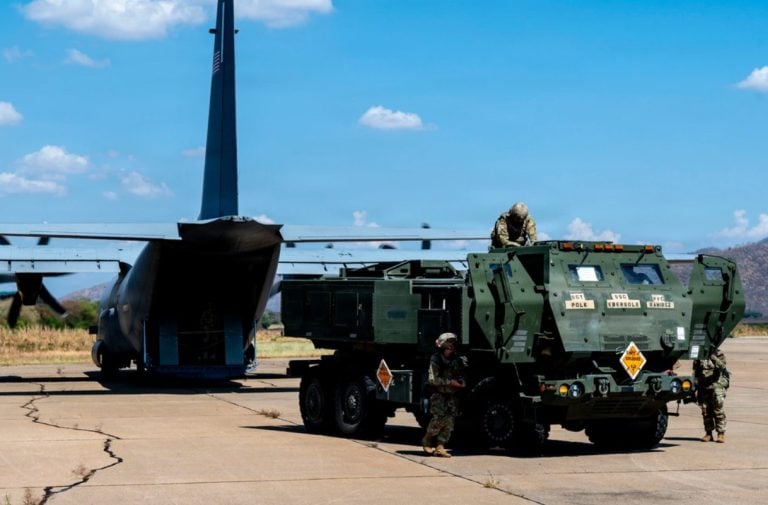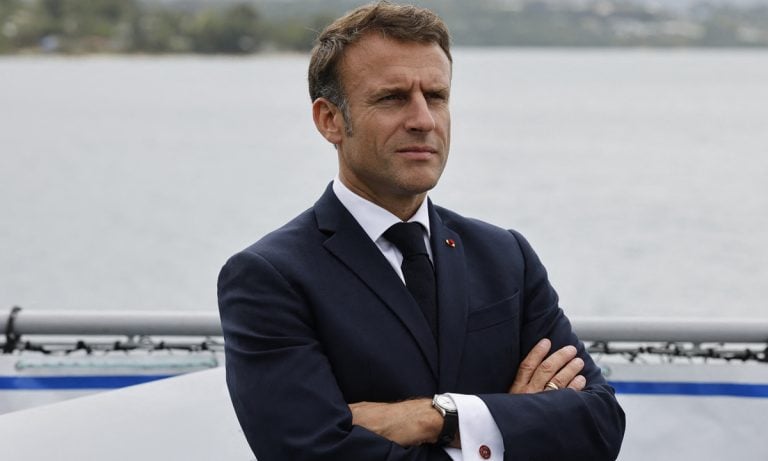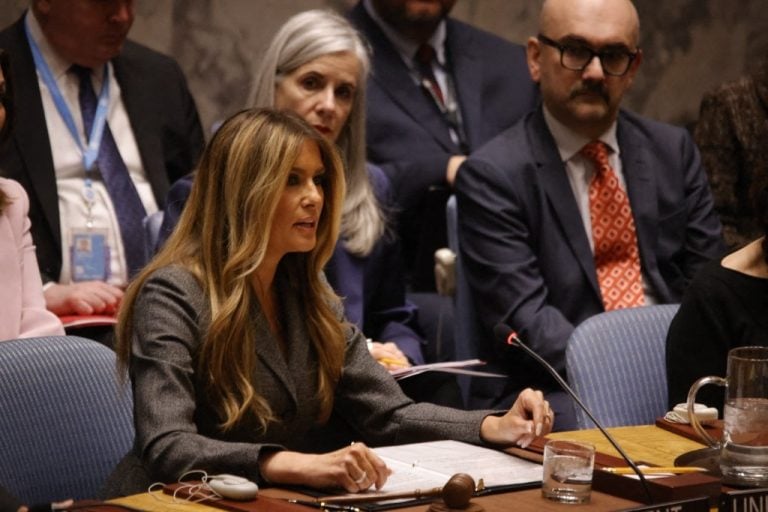In a significant development for the Saudi defense sector, L3Harris, the joint venture SAMI-L3Harris, and Zamil Shipyards have formalized an agreement to design one of the nation’s first “Saudi-made” unmanned surface vessels (USV). This collaboration aims to enhance local maritime engineering capabilities by focusing on the development of several new modular USV variants that will deliver a broad range of surveillance and defensive functionalities.
The partnership marks a critical step toward advancing autonomous technology within Saudi Arabia’s maritime capabilities. Dave Johnson, VP International at L3Harris and Vice Chairman at SAMI-L3Harris, emphasized the initiative’s potential to revolutionize maritime surveillance and operational execution. “We are positioned to transform maritime surveillance and mission execution by leveraging our joint venture and local industrial capabilities,” Johnson stated.
The agreement designates Zamil Shipyards as the lead in designing and producing these unmanned platforms. Meanwhile, SAMI-L3Harris is tasked with the crucial role of integrating advanced autonomous navigation systems, various sensors, and other mission-critical equipment into the vessels.
Alastair Bisset, General Manager of Zamil Shipyards, highlighted the strategic significance of USVs. “We believe that USVs could be a game-changer in helping nations secure their borders, both above and below water, against the increasing nature of asymmetric threats,” he said, underscoring the evolving security landscape in the region.
As part of this collaboration, a series of on-water demonstrations are planned for the current year. These trials will serve to assess the technical advancements achieved thus far and will evaluate the operational capabilities of the unmanned systems being developed through this joint effort.
This initiative aligns closely with Saudi Arabia’s Vision 2030, which envisions a significant expansion in domestic defense manufacturing. The aim is to localize half of the country’s military expenditures, prompting the General Authority for Military Industries to foster partnerships between Saudi and foreign defense enterprises. This policy encourages international defense contractors to establish local operations, thereby increasing domestic production capabilities and reducing reliance on foreign-made military equipment.







